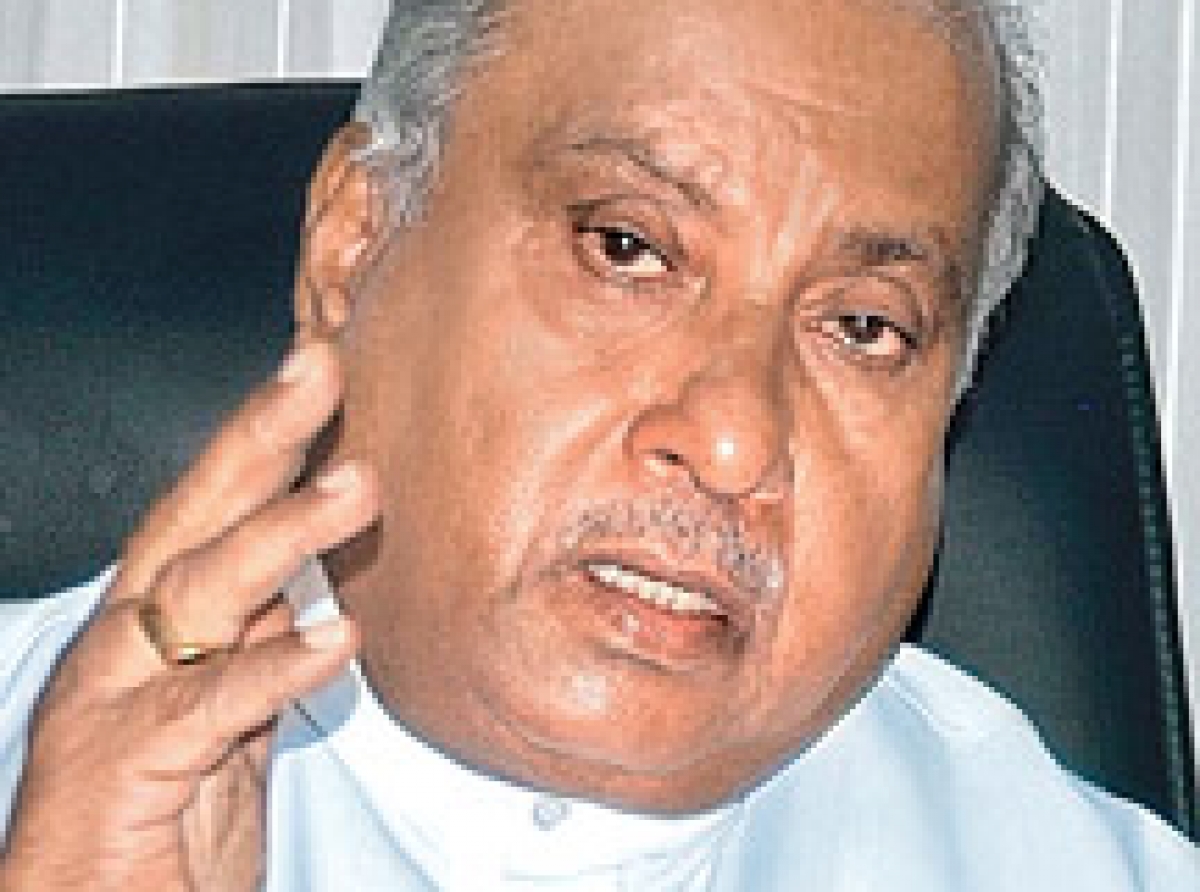කම්කරු හා කම්කරු සබඳතා අමාත්ය තුමාගේ දෙසුම – ගාමිණී ලොකුගේ

Allow me to extend to the President our warmest congratulations on his election to the presidency of the 102nd Session of the International Labour Conference. At the outset, I wish to extend our congratulations and appreciation to the Director-General for his impressive and insightful Report in which he has highlighted a positive, influential and successful path towards the ILO’s centenary.
I appreciate the reform introduced by the Director General, with a strong focus on seven areas of critical importance and 19 outcomes to achieve the decent work objectives and social justice. Further, the Government of Sri Lanka recognizes that the ILO and its constituents need to take up the challenges of tripartism, standards and coherence within the ILO and enterprises, as emphasized by the Director General in his Report.
Apart from its role of setting standards on working conditions, the ILO serves as a think tank by conducting research on emerging issues in the world of work in general and, in particular, by monitoring member States’ compliance with those standards and providing them with appropriate assistance.
The ILO also serves as a catalyst by fostering a multilateral alliance with other agencies so that they can collaborate on social and labour policy issues and bring about social justice. The role played by the ILO in the discussions on the post-2015 agenda is especially commendable.
Thanks to its tripartite nature, the ILO has been at the forefront in upgrading the standard of living of both men and women workers. It is my firm belief that social dialogue based on tripartism can make a significant contribution to countries’ overall development.
Sri Lanka’s National Labour Advisory Council and Provincial Labour Advisory Councils, and the minimum wage fixing mechanism established under the Wages Board Ordinance, are examples of our tripartite labour market institutions. Without a proper understanding of the true meaning of tripartism and social dialogue it would be very difficult for us to build a harmonious relationship between the workers and the employers, so as to improve working conditions and productivity, which are crucial for our socio-economic development.
We are proud to say that since Sri Lanka’s independence in 1948 our policy has been based on social development, free education from primary to university level, free health care for all and other welfare measures that have raised the country to 92nd place on the Human Development Index.
Recognizing the importance of balanced and inclusive growth, we have implemented rural development programmes, such as Gama Naguma, Maga Naguma and Pura Naguma, within the framework of Mahinda Chinthana – the vision for the future headed by His Excellency the President. Gama Na-guma is designed to improve the life of rural com-munities that have been left behind by the rapid development of the urban areas. While the Maga Na-guma programme focuses on road construction and other projects to connect villages and small towns in rural areas, the Pura Naguma programme aims to provide small rural towns with all the facilities needed to serve as a marketplace for village products.
The results are quite impressive. For example, in the northern and eastern parts of the country, fishermen are returning to the sea and farmers to the fields after having been unable to do so for nearly three decades. The theme of these programmes is central to the goals of the ILO.
Allow me to voice my appreciation of the extensive support and cooperation that have been ex-tended to Sri Lanka by the ILO, particularly through such recent initiatives as the formulation of national human resources and employment policies, the study of social protection, the preparation of a la-bour inspection policy and the implementation of a labour inspection system.
I trust that these initiatives are in line with the ILO’s objectives and look forward to further technical assistance from the Organization. In conclusion, may I reiterate the importance of the initiatives pro-posed by the Director-General as we approach the ILO’s centenary. I trust that the implementation of those initiatives will make a significant contribution to the world of work.

